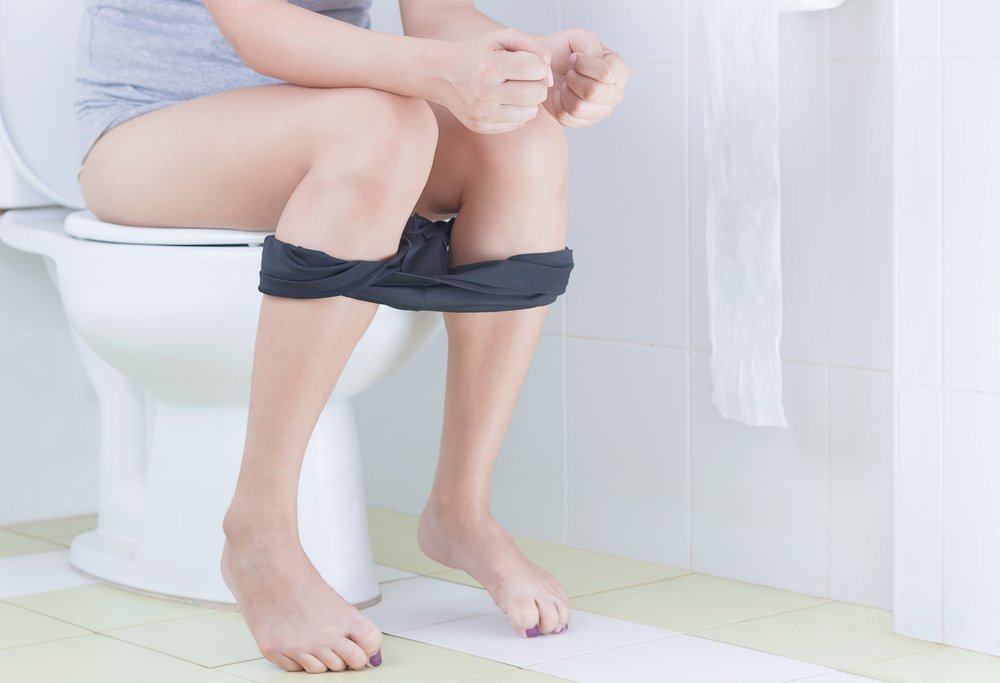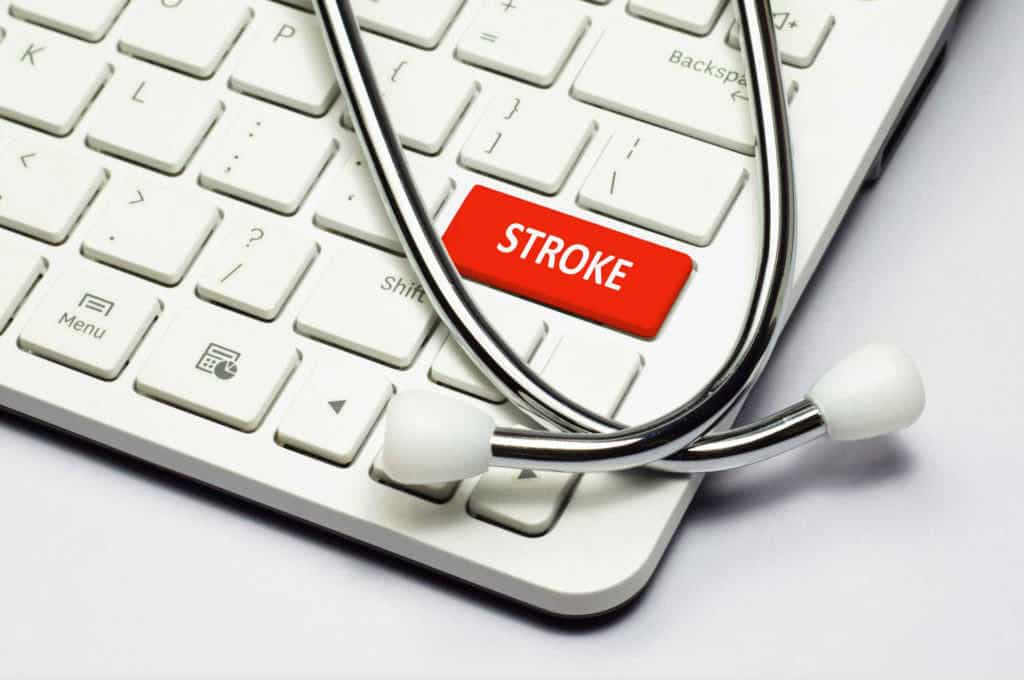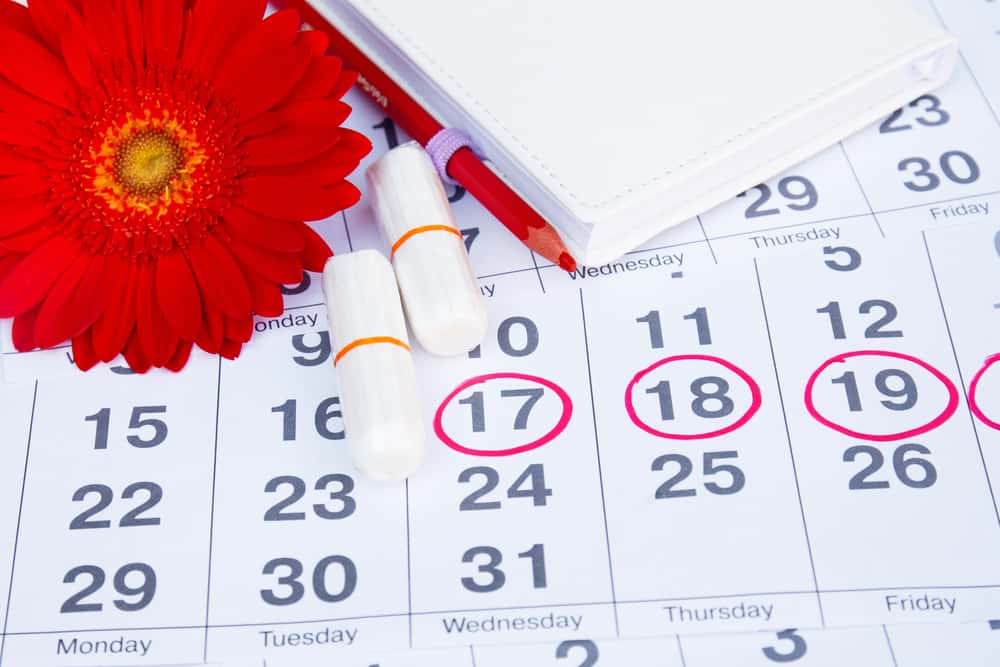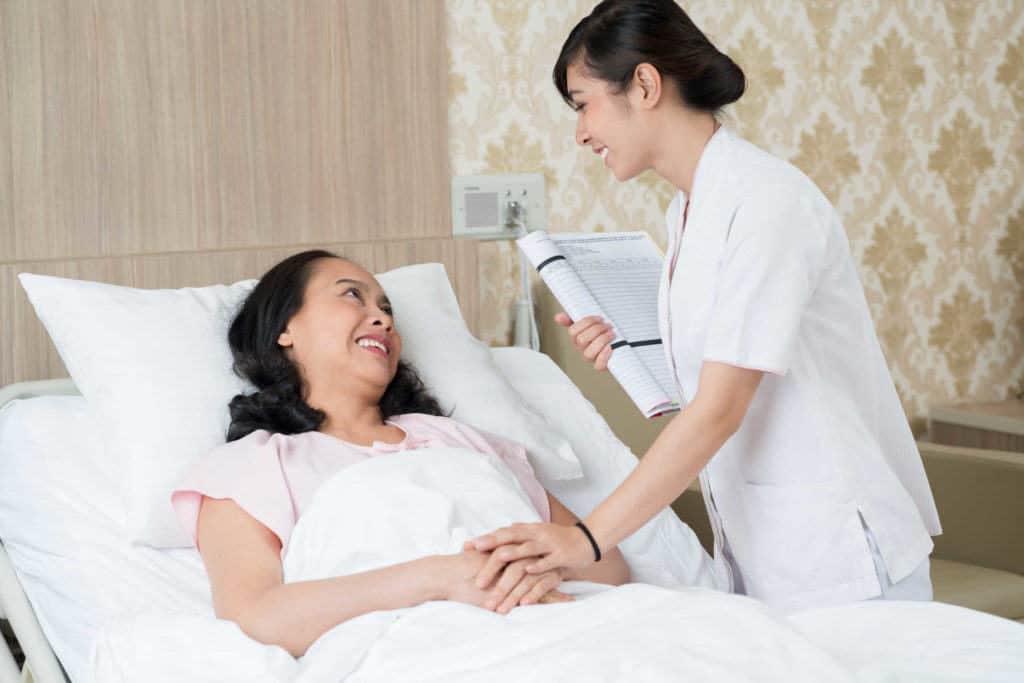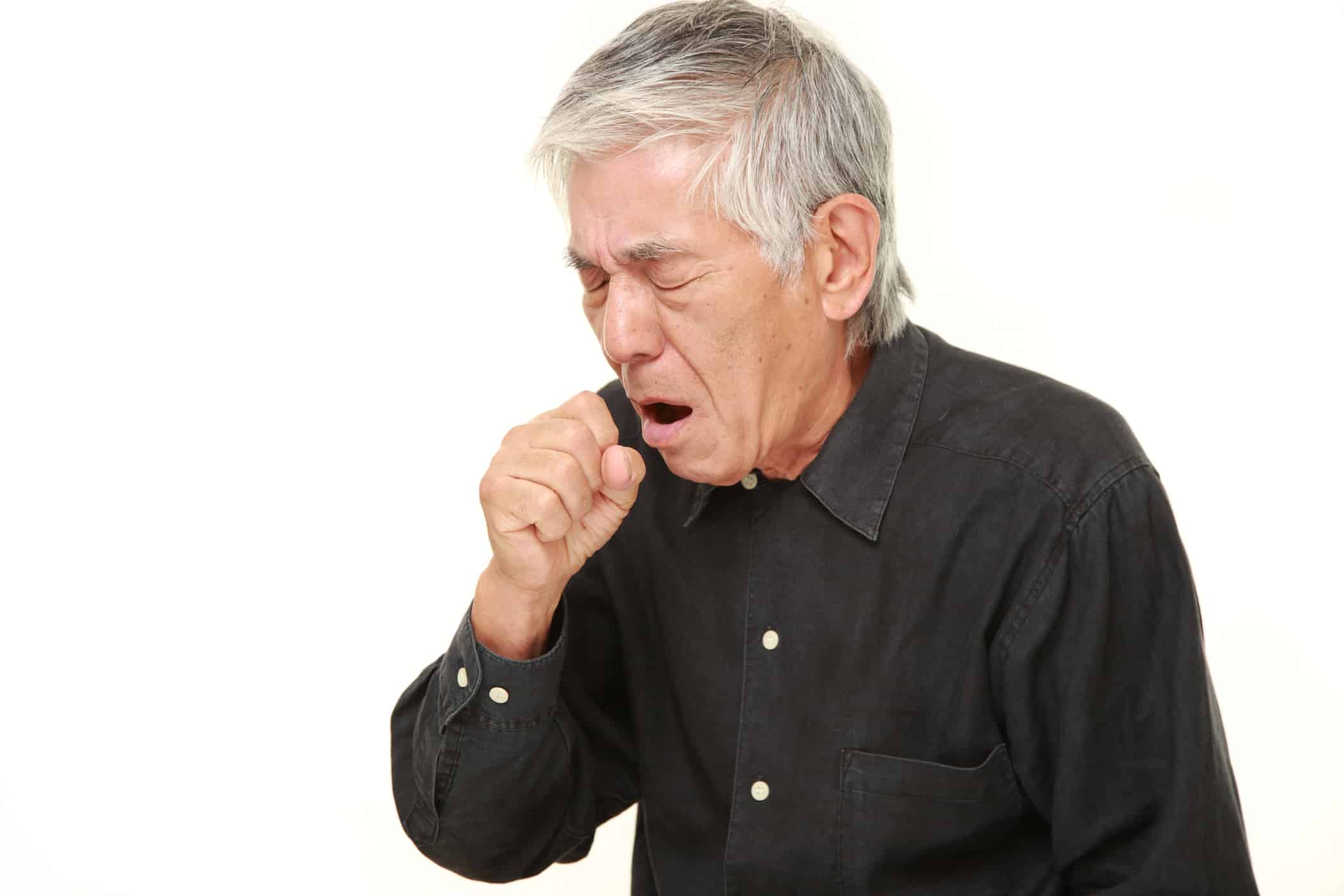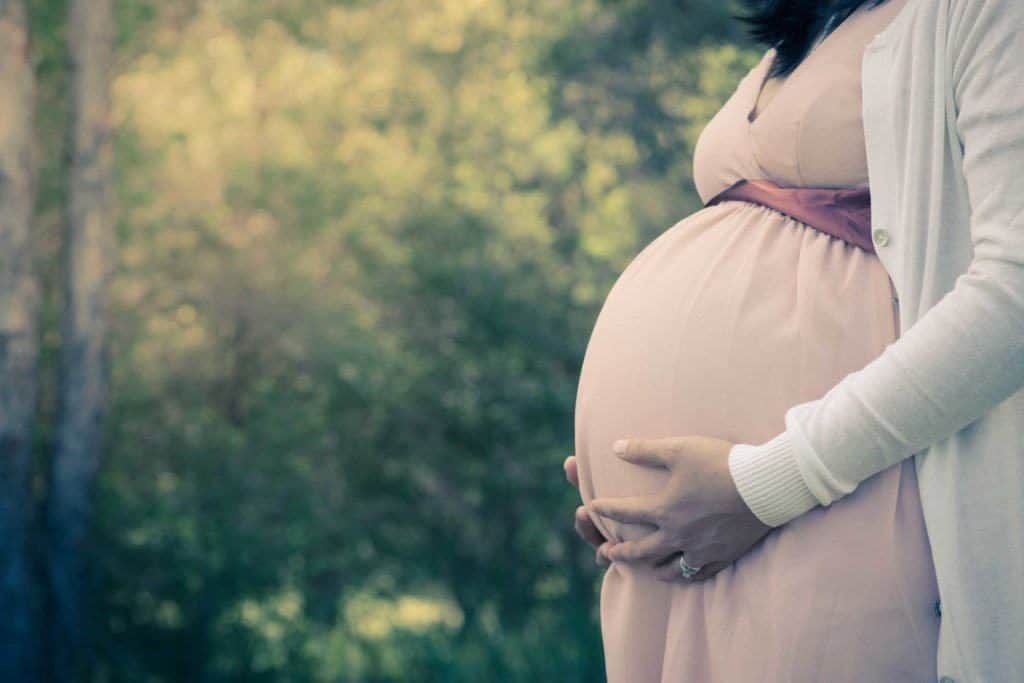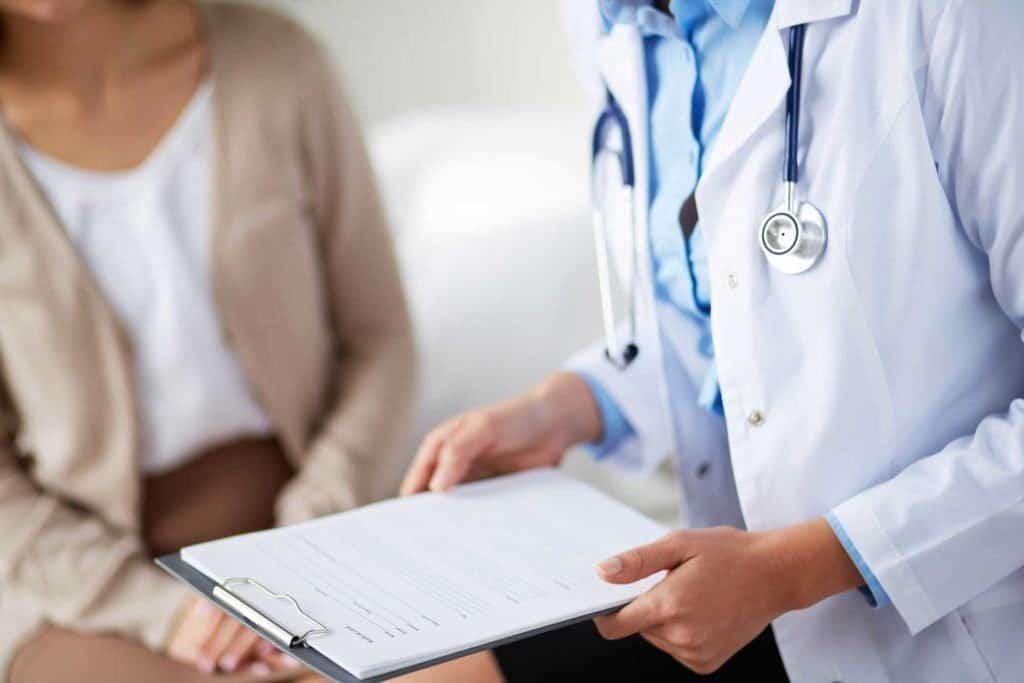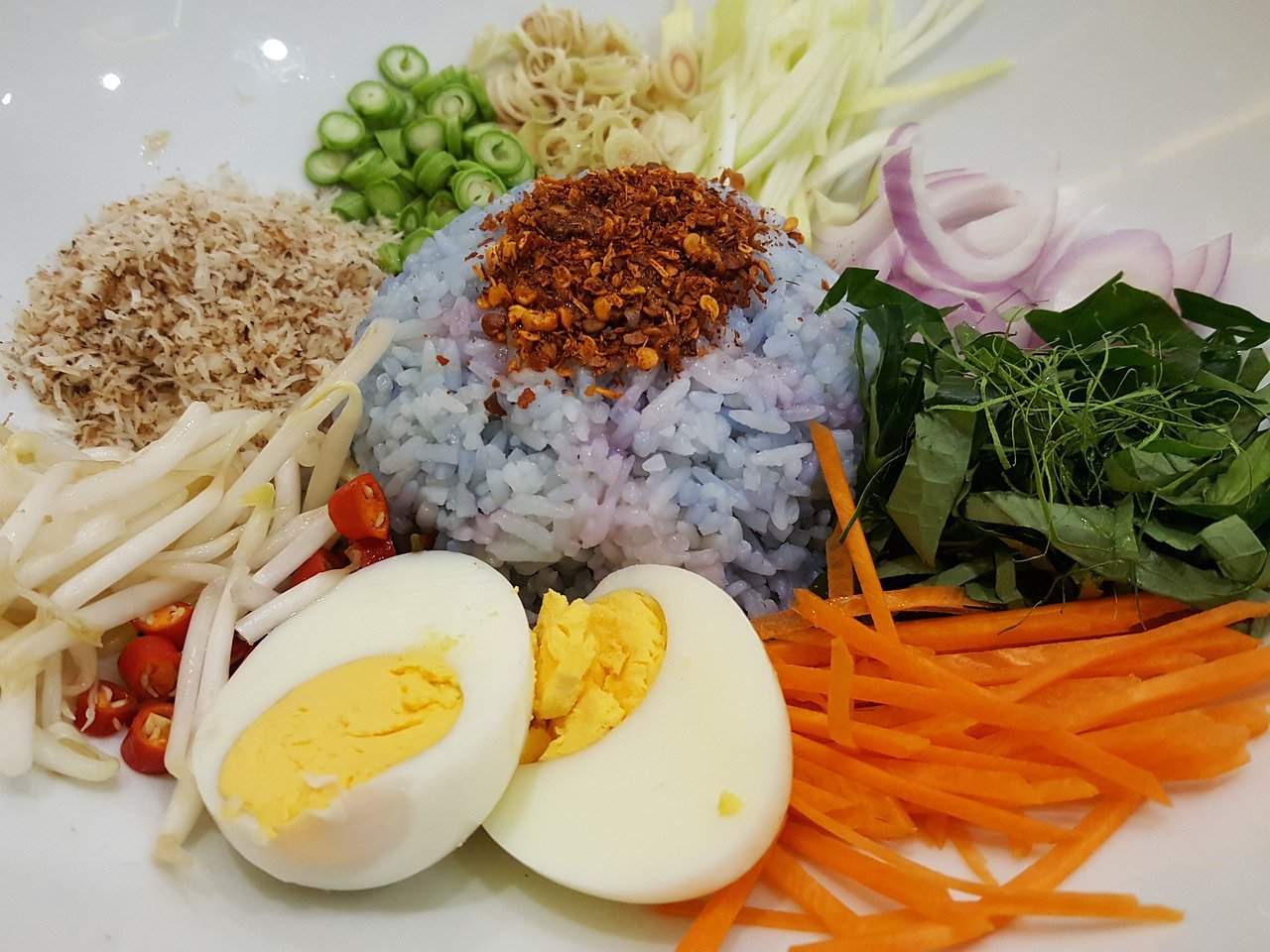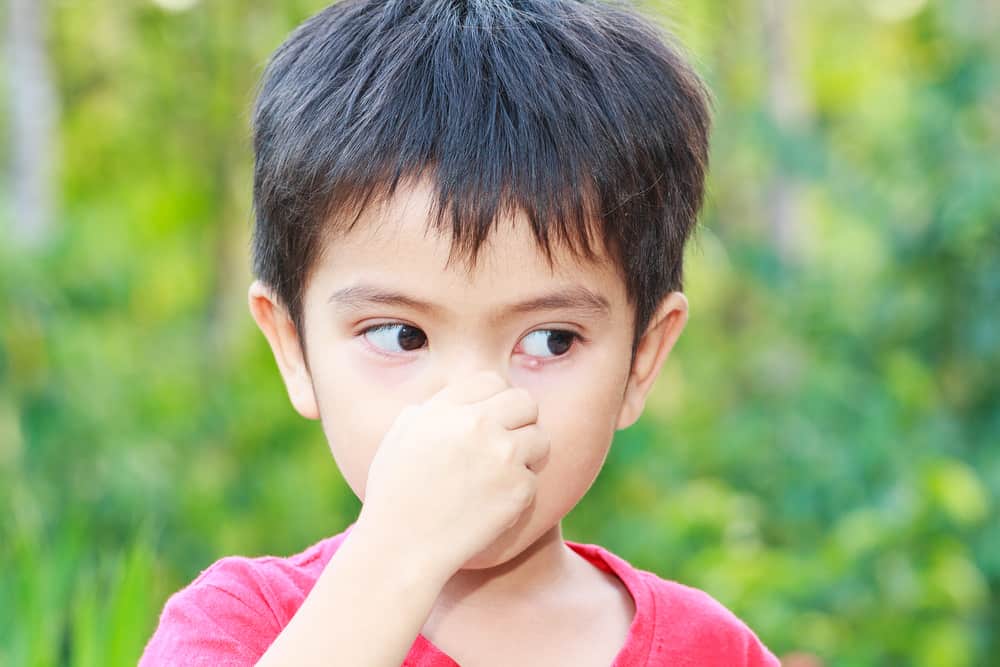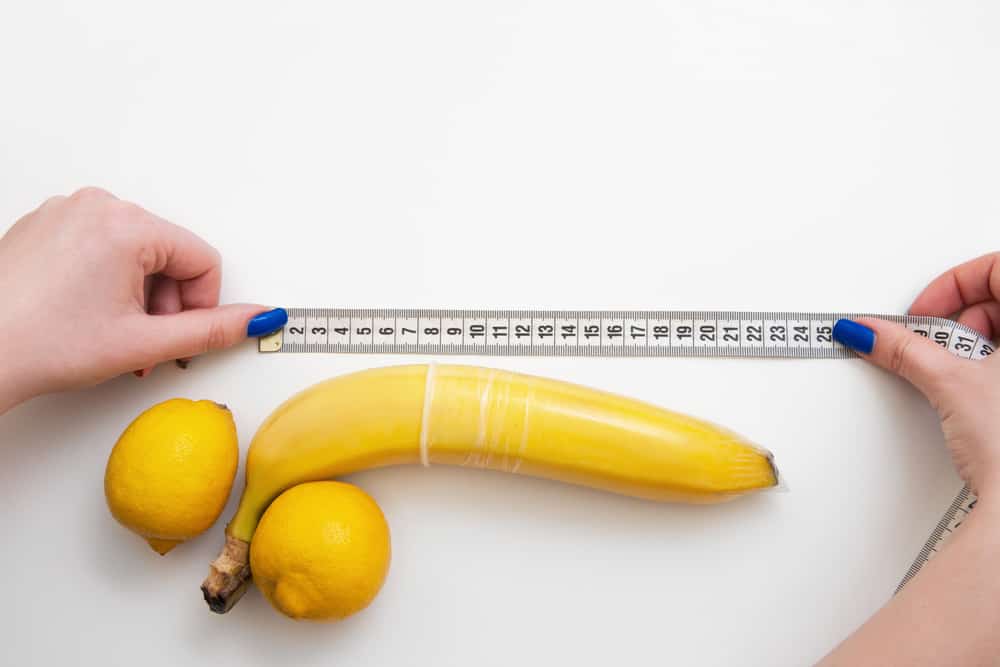Contents:
- Medical Video: Hemorrhoid Removal (Hemorrhoidectomy)
- What is hemorrhoids?
- How can hemorrhoids appear after giving birth or even during pregnancy?
- How to deal with hemorrhoids after giving birth?
Medical Video: Hemorrhoid Removal (Hemorrhoidectomy)
After giving birth, a sense of relief immediately arises. Your struggle for 9 months has been successful. However, sometimes you get new problems, one of which is hemorrhoids after giving birth. If you experience pain when you defecate and feel swelling around your rectum after giving birth, you may have hemorrhoids.
What is hemorrhoids?
Hemorrhoids or veins are veins in the swollen rectal area. This swelling like meat that appears in the rectal area, can form in various sizes ranging from the size of a fruit seed to the size of a grape. This can cause bleeding when you defecate and make you feel uncomfortable.
Hemorrhoids can appear during pregnancy or after giving birth to those of you who have never experienced hemorrhoids. If you have had hemorrhoids before pregnancy, you are more likely to get them again during pregnancy or after giving birth. Usually, hemorrhoids can disappear by themselves after you give birth.
How can hemorrhoids appear after giving birth or even during pregnancy?
Pregnancy makes you more likely to suffer from hemorrhoids. Pressure on the perineum (the area between the vaginal opening and the anus) during pregnancy or after childbirth makes you more likely to experience hemorrhoids. When pregnant, your uterus continues to enlarge, putting pressure on the large vein on the right side of the body that receives blood from the legs. This pressure can then slow the return of blood from the lower part of the body, thereby increasing the pressure on the blood vessels under the uterus and causing them to become large.
In addition, an increase in the hormone progesterone during pregnancy also causes blood vessel walls to relax, so that blood vessels are more easily swollen. The hormone progesterone can also cause constipation by slowing down the movement of your intestines. Constipation during pregnancy or after giving birth can cause pressure on the blood vessels, so that it can develop into or worsen hemorrhoids. You can also develop hemorrhoids because you push too hard during labor.
How to deal with hemorrhoids after giving birth?
Hemorrhoids after childbirth usually occur in women who give birth in the normal way. Symptoms, such as pain, anal itching, bleeding during bowel movements, or swelling around the anus. However, don't worry because this hemorrhoids can heal if treated.
You can overcome hemorrhoids by:
- You can soak yourself, especially the anal area, with warm water. Do this method 2-4 times a day. This will help reduce the size of your hemorrhoids.
- You can also compress the swollen area with ice packs several times a day. Ice can help reduce swelling and discomfort.
- Avoid sitting and standing for long periods of time and lie down as much as you can.
- When you sit, you should give a cushion to reduce pressure on the rectum. Don't sit on the chair directly, especially on the hard surface of the chair. Sitting in a rocking chair or recliner may be more comfortable for you.
- After each bowel movement, you should gently clean your rectum area. You can also clean it with warm water. If you are cleaning with tissue, you should choose a tissue that is soft and does not contain fragrance so it does not cause irritation to your skin.
- Talk to your doctor about any medications you can use to treat hemorrhoids, such as topical ointments and suppositories. Don't forget to ask how long the drug should be used, usually the drug should not be used for more than one week. Or, you can also use laxatives or laxatives to help soften your stool so it's easier to remove. Although there are many drugs for hemorrhoids on the market, you should consult with your doctor first.
- Increase consumption of fiber (from vegetables, fruits, grains, and nuts) and liquids (8-10 glasses per day). This can help prevent constipation, make your bowel movements smoother, so it doesn't worsen your hemorrhoids.
- Exercise regularly. This can also help smooth your digestion. You can try Kegel exercises to improve blood circulation in the anal area and strengthen the muscles around the anus, so that it can help reduce hemorrhoids.
- Although hemorrhoids after childbirth can make you feel sick when you defecate, this makes you hold back bowel movements. If you often delay bowel movements, this can make your stool dry and difficult to remove. Also, avoid pushing too hard when defecating and don't defecate for long periods of time.
READ ALSO
- Is It Possible To Avoid Vaginal Tearing During Childbirth?
- What You Want To Know About Defecation After Childbirth
- Why Is It Important to Eat Fiber Foods?

